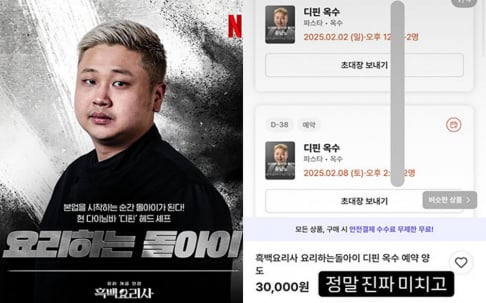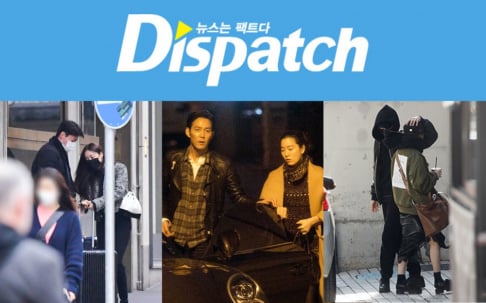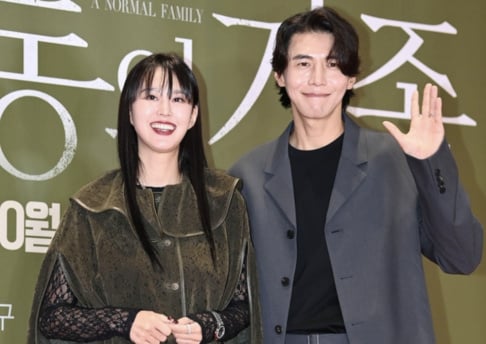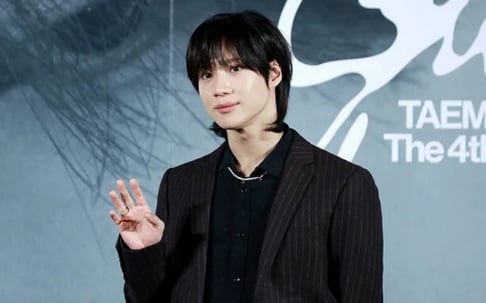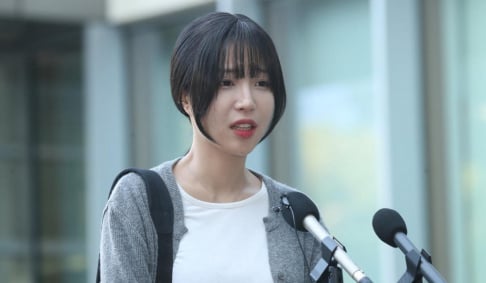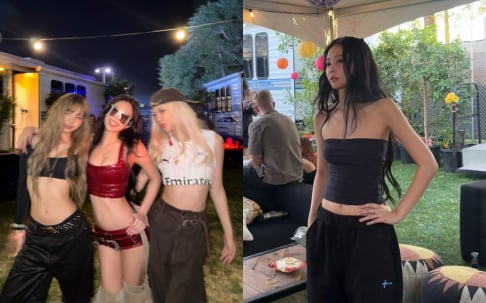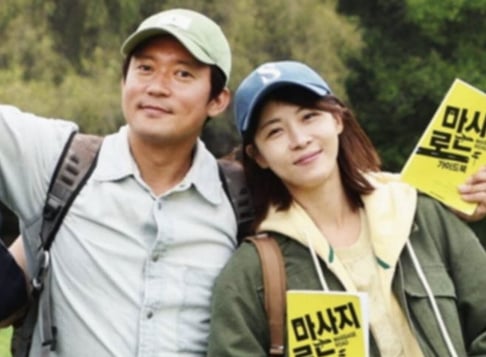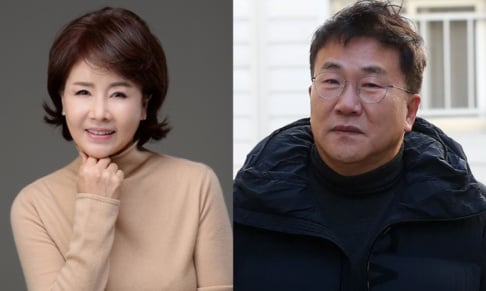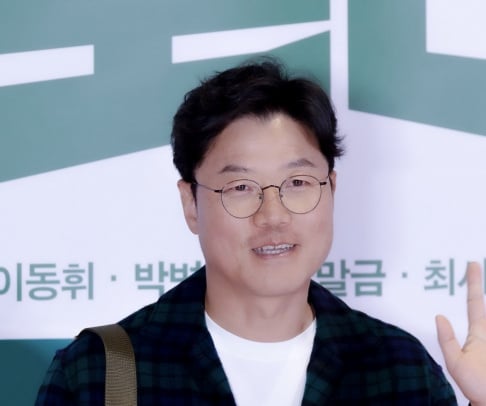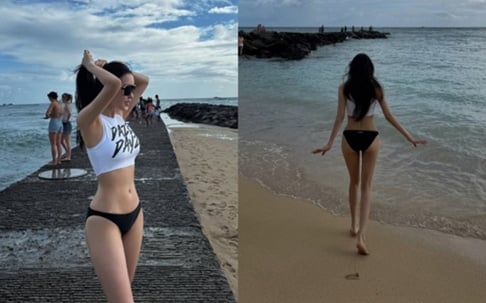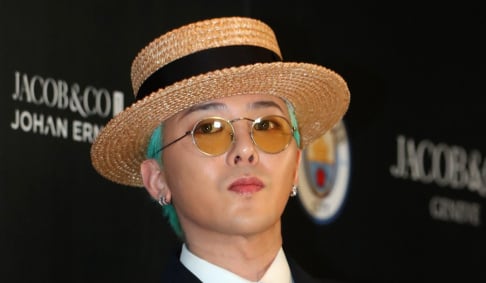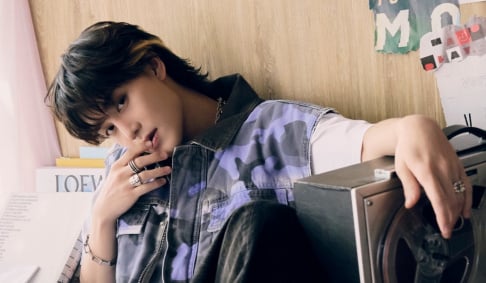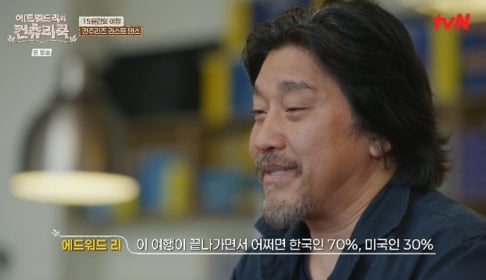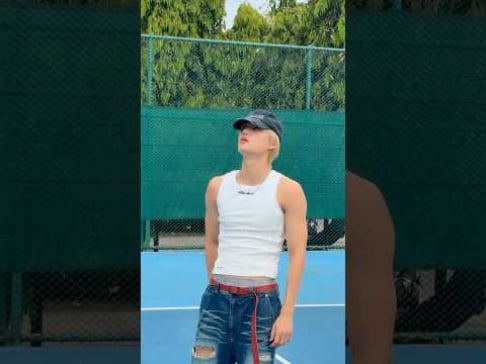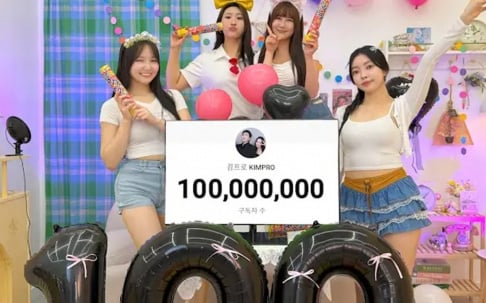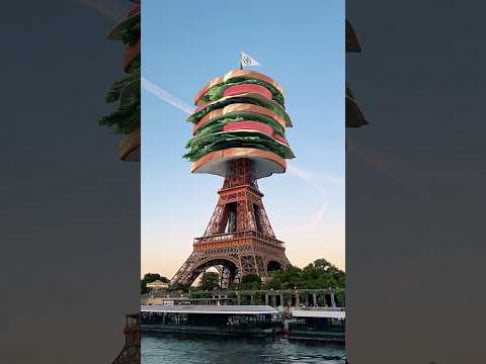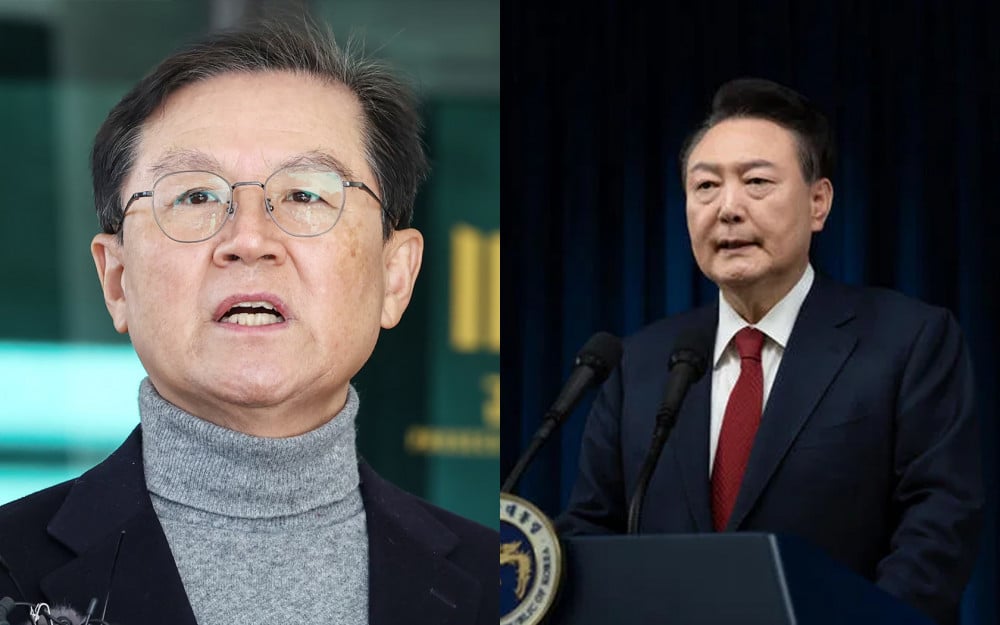
President Yoon Suk Yeol's legal team announced on January 2 that they had filed an objection with the Seoul Western District Court against the execution of an arrest and search warrant issued against the president.
Attorney Yoon Gap Geun stated, "We are seeking a ruling to prohibit the execution of the arrest and search warrant issued by the Seoul Western District Court on December 31, as it violates the Criminal Procedure Act and the Constitution."
The legal team raised concerns about the court’s decision to exclude Articles 110 and 111 of the Criminal Procedure Act from the warrant. These articles stipulate that "military and official secret locations cannot be searched without the consent of the responsible individual or agency."
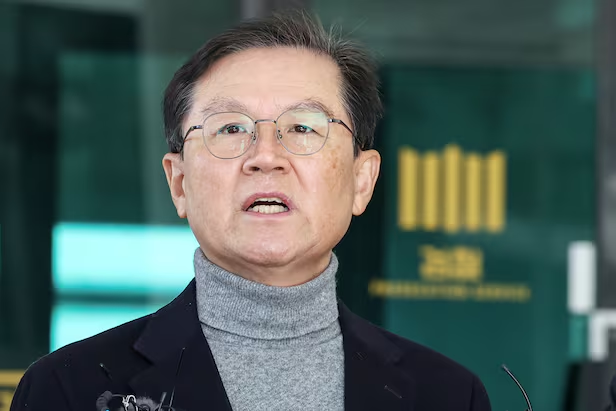
Attorney Yoon argued, "The president, as commander-in-chief of the armed forces, inherently deals with military secrets, and locations such as the presidential office and residence cannot be subject to search and seizure without the consent of the responsible party." He further added, "Items possessed or held by the president pertain to highly confidential state matters, and their exposure could seriously harm national interests."
Yoon also asserted that "there is no legal basis allowing the court to arbitrarily exclude Articles 110 and 111 of the Criminal Procedure Act. As such, the issued warrant is unlawful and invalid." He explained that the legal team was filing an objection under Article 417 of the Criminal Procedure Act, which allows appeals against detention-related decisions made by prosecutors or judicial police officers, seeking their cancellation or modification.
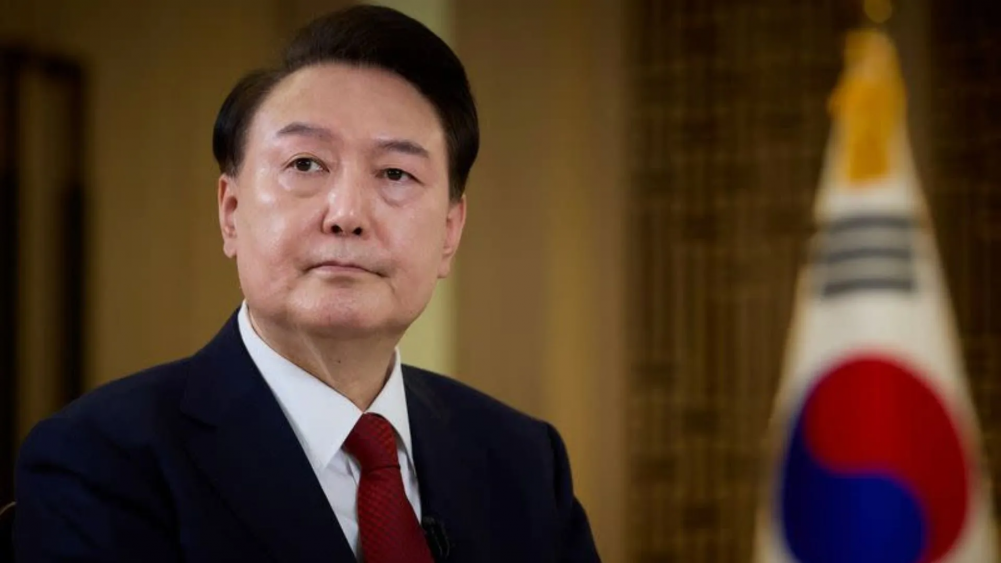
Article 417, which governs quasi-appeals, provides a legal pathway to contest decisions made by investigative agencies. However, legal experts questioned whether such an appeal was applicable since no actual action—such as arrest or search—had yet been carried out. One legal expert remarked, "It is unclear whether a quasi-appeal can be filed when no action (such as a search or arrest) has been executed." A court official added, "Once a warrant is issued by the court, it is effective, and there is no formal objection process against it."
Addressing these concerns, Attorney Yoon stated, "The fact that the Corruption Investigation Office for High-ranking Officials (CIO) has disclosed details about the request, issuance, and content of the arrest warrant and has even announced plans to execute it makes the current situation equivalent to having already received the warrant." He added, "Even if the warrant has not yet been executed, we are seeking a ruling to prohibit the CIO from carrying out the execution based on the issued warrant."
 SHARE
SHARE
